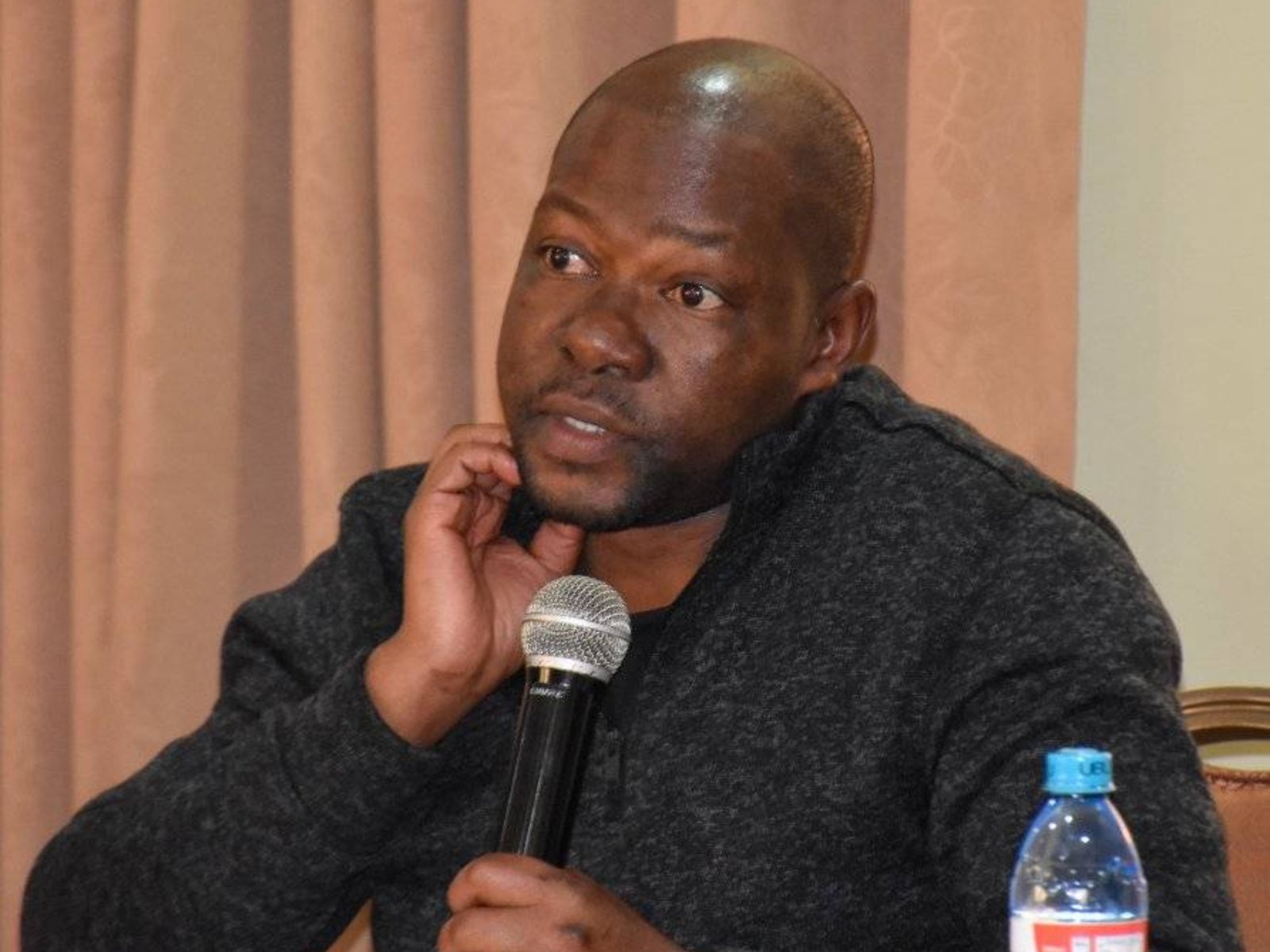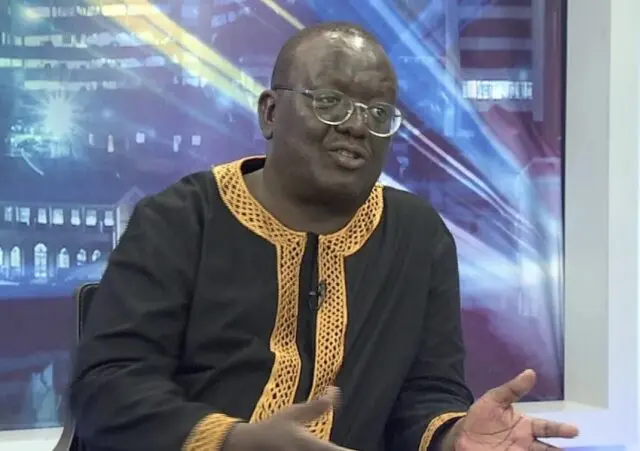Petition challenging teachers refresher courses thrown out

Teachers Service Commission (TSC) received a boost yesterday in its quest to roll out the Teachers Professional Development programme (TPD) after the Labor Court struck out a suit challenging its implementation.
Education consultant Joseph Ng’ethe had moved to court seeking orders to stop TSC from rolling out the programme citing lack of public participation.
Yesterday, the Employment and Labour Relations Court judge David Nderitu said the petitioner fell short in adducing evidence to the required standards, adding that the allegations were hollow, unsupported and unsubstantiated.
Ng’ethe had sued TSC, the Cabinet Secretary for Education, Attorney General, Kenya Union of Post Primary Education Teachers (KUPPET), Kenya National Union of Teachers (KNUT), Kenyatta University, Mount Kenya University, Riara University and Kenya Education Management Institute as respondents.
He had sought a permanent order of injunction restraining the respondents or any of its employees, officers or agents from implementing or enrolling the programme and a declaration that the Collective Bargaining Agreement between TSC and the teachers’ unions were null and void.
Labour practices
Ng’ethe stated that to the extent that the respondents recognised that every member shall undertake the TPD programme, it was a violation of fair labor practices as stated in the Constitution.
He argued that the appointment of three universities to implement the programme was irregular and illegal.
The judge, however, said the unions had produced evidence of participation and consultations before the rolling out of the programme in their affidavits and annexures saying the petitioner had not provided any evidence that anyone was denied an opportunity to give their input.
“Any person who wished to participate in the introduction, launching, and rolling out of the programme was given a chance to do so by way of an open invitation from the Teachers Service Commission,” said Nderitu.
According to the judge, the petitioner was not challenging the law or policy applied by TSC rather the manner of implementation of the law and policy adding that the petitioner had not provided any evidence of violation of the Constitution.
“On universities, there is no evidence of a complaint from any bidder who failed to win an award complaining of the process of procurement and tendering. It is not enough for a party to make an allegation and expect the court to find evidence,” he added.
He revealed that the TSC never imposed the programme on teachers adding that it was properly founded in law.
“It is a matter of public notoriety that almost all professional people in the republic undergo development programmes and training and are offered with a certificate in order to remain in good professional standing,” he said.
No merits
The judge stated that the trade union negotiated with TSC and agreed on the cost of the programme adding that there was no evidence on record from any teacher or a member of the union on record to support the allegation.
“The petitioner is neither a teacher nor a member of the said trade unions, there is absolutely no evidence that the respondents and particularly TSC have violated or breached the provisions of the constitution.”
He added: “To this extent, inasmuch as the petitioner crafted a petition, he had fallen short in adducing evidence to the required standard. In my view the petitioner has made generalised allegations incapable of mastering the threshold set out. The petition now has no merits.”
Nderitu argued that whereas Ng’ethe describes himself as a Kenyan citizen and an education consultant, he had not alluded to the qualifications as such consultant or whether he works in the education sector.
The TSC, through a replying affidavit by Ruben Nthambiri, had stated that the commission has the mandate to review the standards of education and training of persons joining the teaching profession and advise the government on matters related to the profession.
Nthambiri averred that under Section 11 of the Teachers Service Commission Act, (TSC Act) No. 20 of 2012, which operationalises Article 237, the commission has the mandate to formulate policies to ensure teachers comply with prescribed teaching standards.












